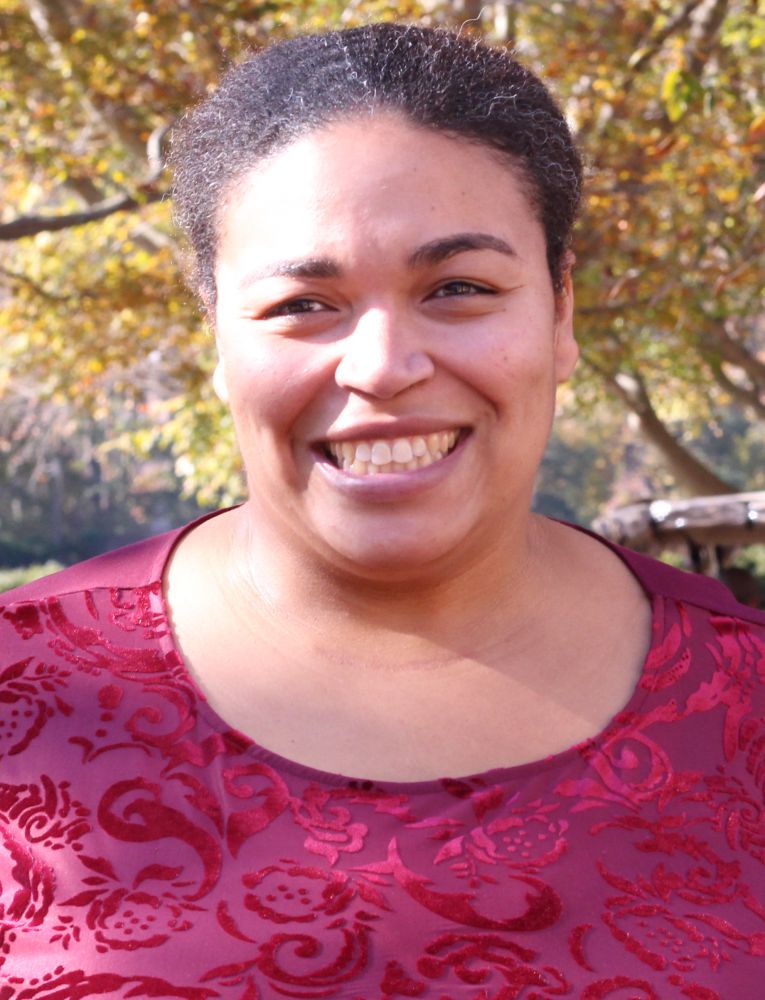
The Language of Inclusion
It’s a truism that words matter. Anne H. Charity Hudley knows that how we say them conveys a wealth of information about our social status, education, where we’re from and much more. Indeed, that variation in language, especially among African Americans, is the focus of Charity Hudley’s highly regarded scholarship as a linguist.
Her research will continue at UC Santa Barbara. Charity Hudley is the first North Hall Endowed Chair in the Linguistics of African America in the campus’s Department of Linguistics. She will also serve as the director of undergraduate research for the school’s College of Letters and Science. She comes to UCSB from the College of William & Mary.
“Professor Charity Hudley is the ideal scholar to hold the North Hall Chair in the Linguistics of African America, not only due to her intellectual brilliance and professional prominence but also because of her innovative blending of scholarship and social and educational justice,” said Matthew Gordon, professor and chair of UCSB’s linguistics department. “Her work powerfully demonstrates that these two pursuits are not and cannot be separated, and that linguists must be at the forefront of efforts to achieve a more equitable academy and society.”
Charity Hudley said her dual roles on campus complement one another. As the North Hall Endowed Chair, she will “focus on enhancing social sciences and a humanistic approach into thinking about African American language and culture.” Her work as director of undergraduate research, she said, will key on “enhancing the undergraduate research experiences and opportunities on campus.”
“If you really want to make sure your university is more inclusive, particularly for African American students, coming through what the heart of a university is, research, I think that’s really the way to do it,” Charity Hudley explained. “Combining the two positions will really allow me to get at the heart of making sure opportunities will be provided for all students.
“So I see myself focusing on both research and teaching in the Africana studies tradition,” she continued, “but combining that with, ‘What does it mean to be a member of the university and constantly asking, what does UCSB and higher education at large value at its core?’ ”
Noting that UCSB is the only Hispanic-Serving Institution (HSI) in the prestigious American Association of Universities (AAU), Charity Hudley said the school’s commitment to the education of students who are underrepresented in education and to providing opportunities are some of the factors that drew her to the beachside campus.
“I don’t think we’ll be the only HSI in the AAU for long; we’re just the start of a trend,” she said. “Thinking about that and being part of that was too much to pass up. This is an amazing linguistics department, and the opportunity to be situated right here physically in this corner between linguistics and Black studies and see that fusion happen, seemed very exciting.
“It really gives us the opportunity to think about, if public universities are the center of democracy, what does it mean for the things that we do here and how they’ll inform what higher education, and all of education, will look like in 10 or 20 years.”



